-
¿Quiénes somos?
¿Quiénes somos?
-
Proyectos
-
Centro de recuperación
- Colabora
- Noticias
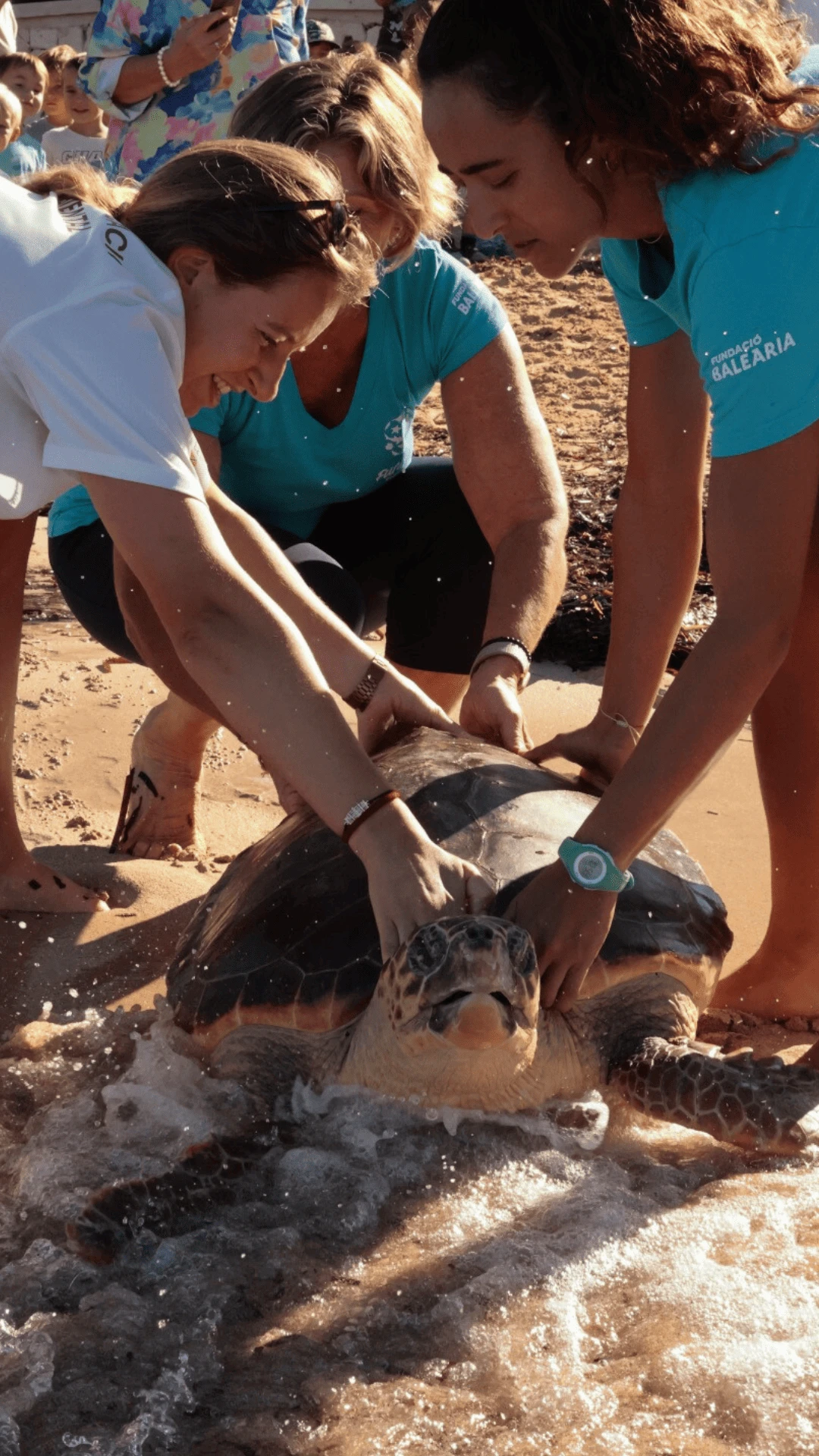
Des que es va inaugurar l’any 2007, el Palma Aquarium es defineix com un parc marí compromès amb la conservació dels mars i els oceans d’arreu del món, i, més concretament, amb el mar balear. Des d’aleshores, ha participat en nombroses accions mediambientals.
El març del 2016 es va constituir oficialment la «Fundació Palma Aquarium per a la protecció del medi ambient», una organització sense ànim de lucre promoguda pel Palma Aquarium amb l’objectiu d’oferir mitjans personals i materials al servei de la conservació, l'educació i la recerca.
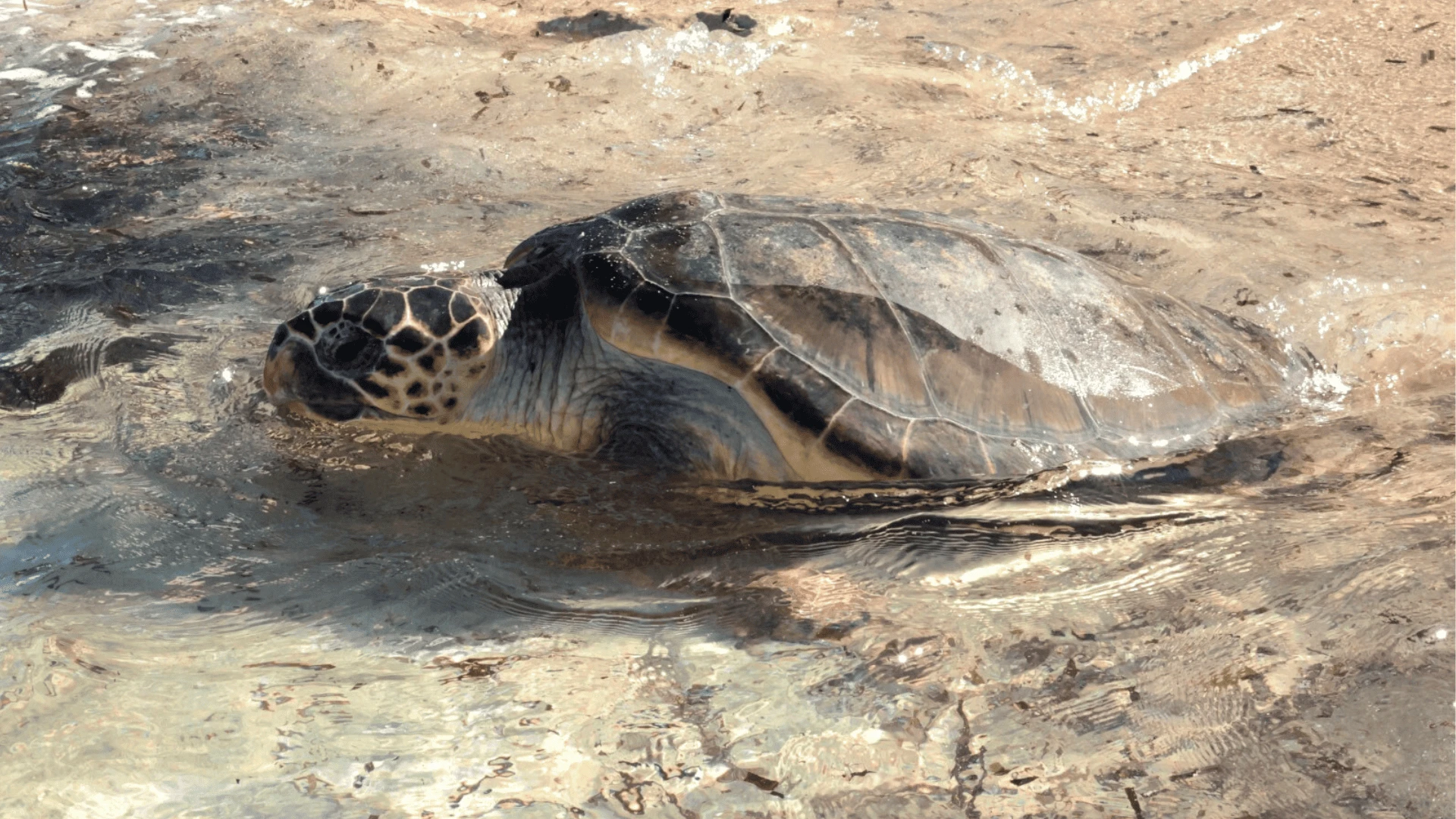

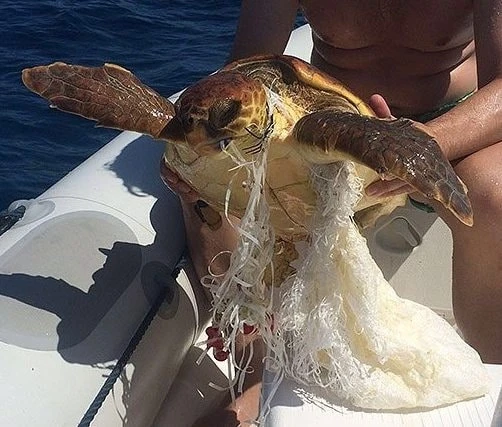
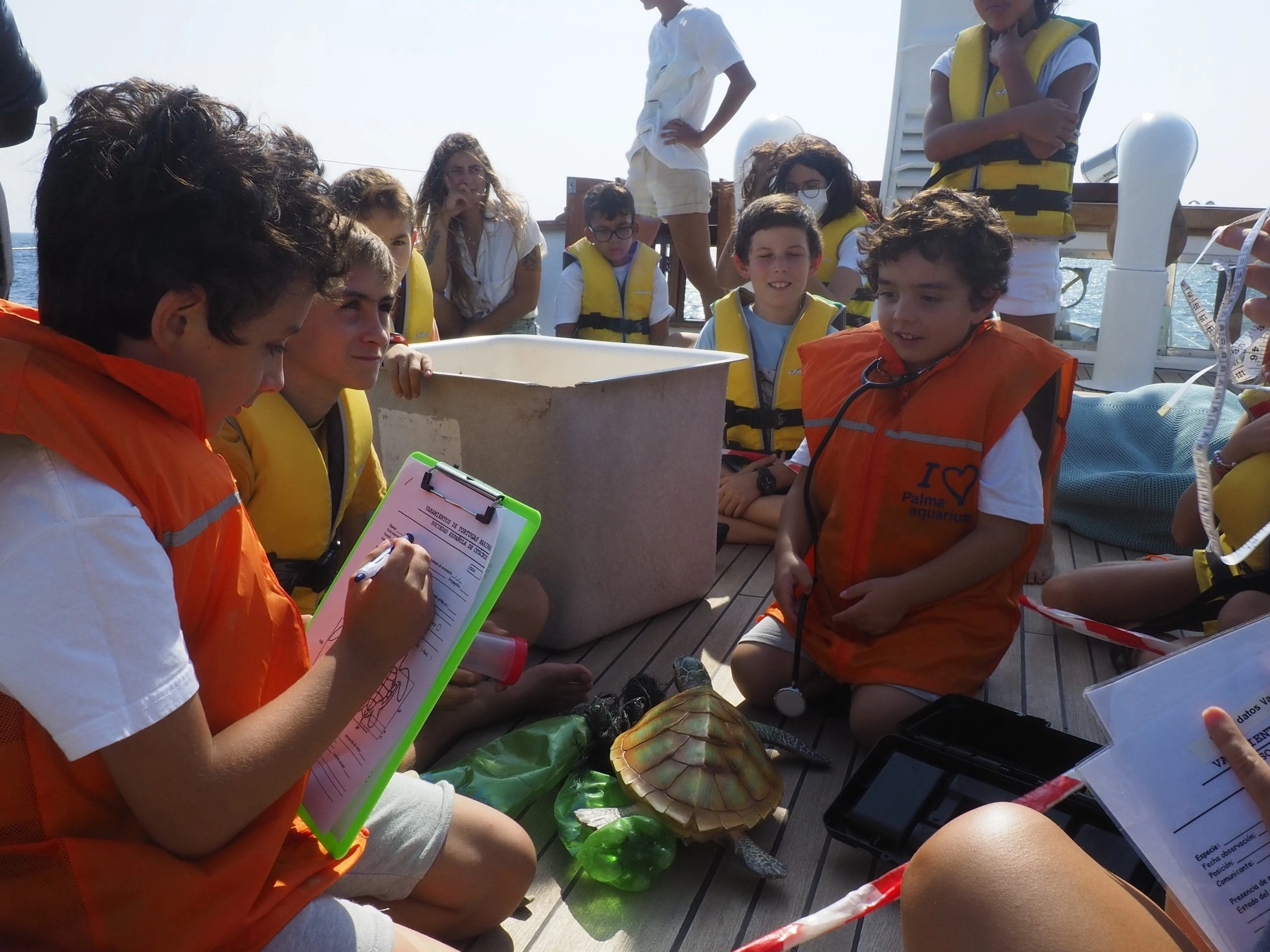
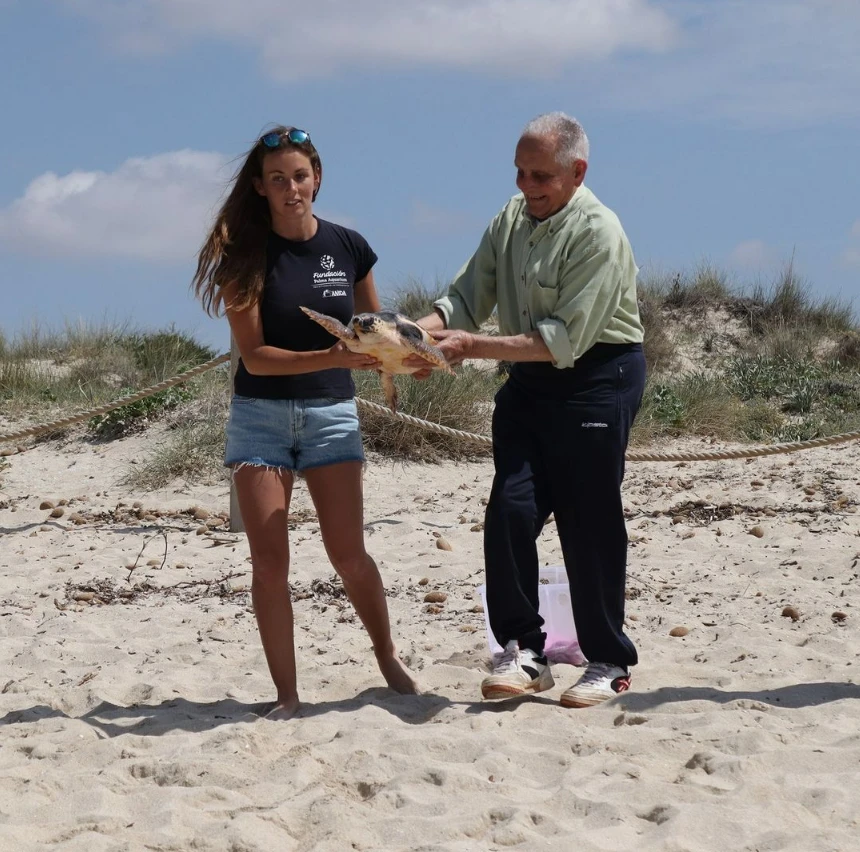
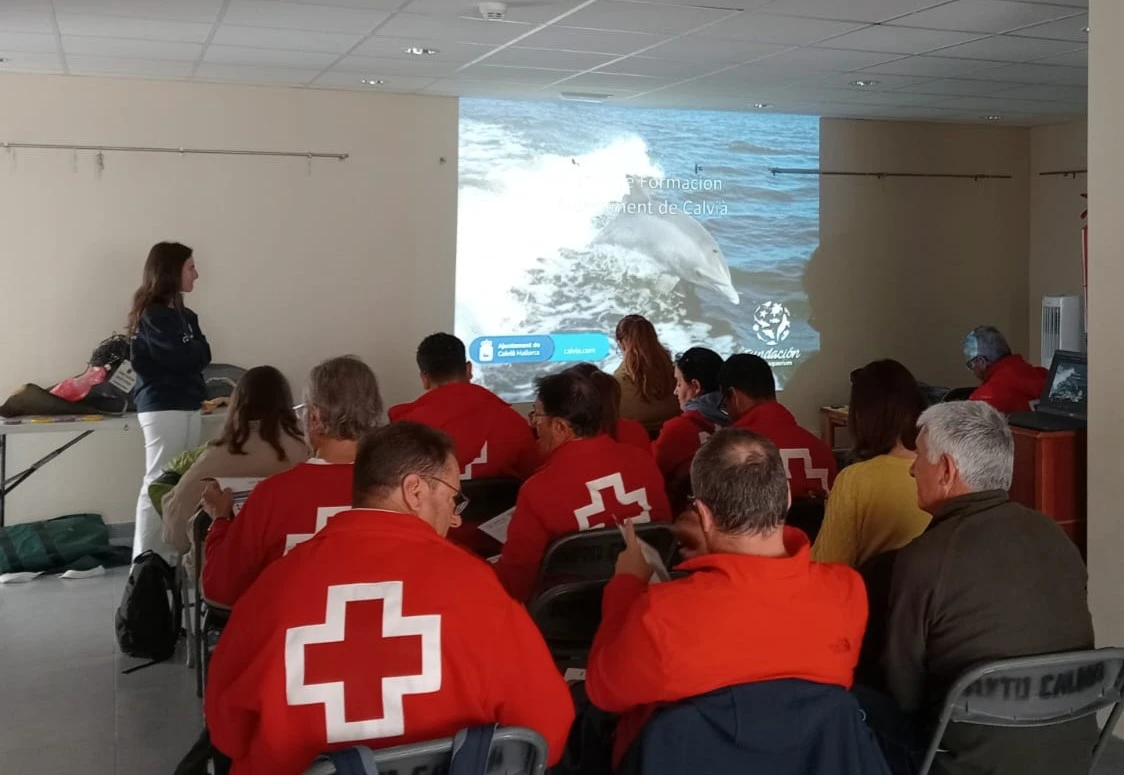
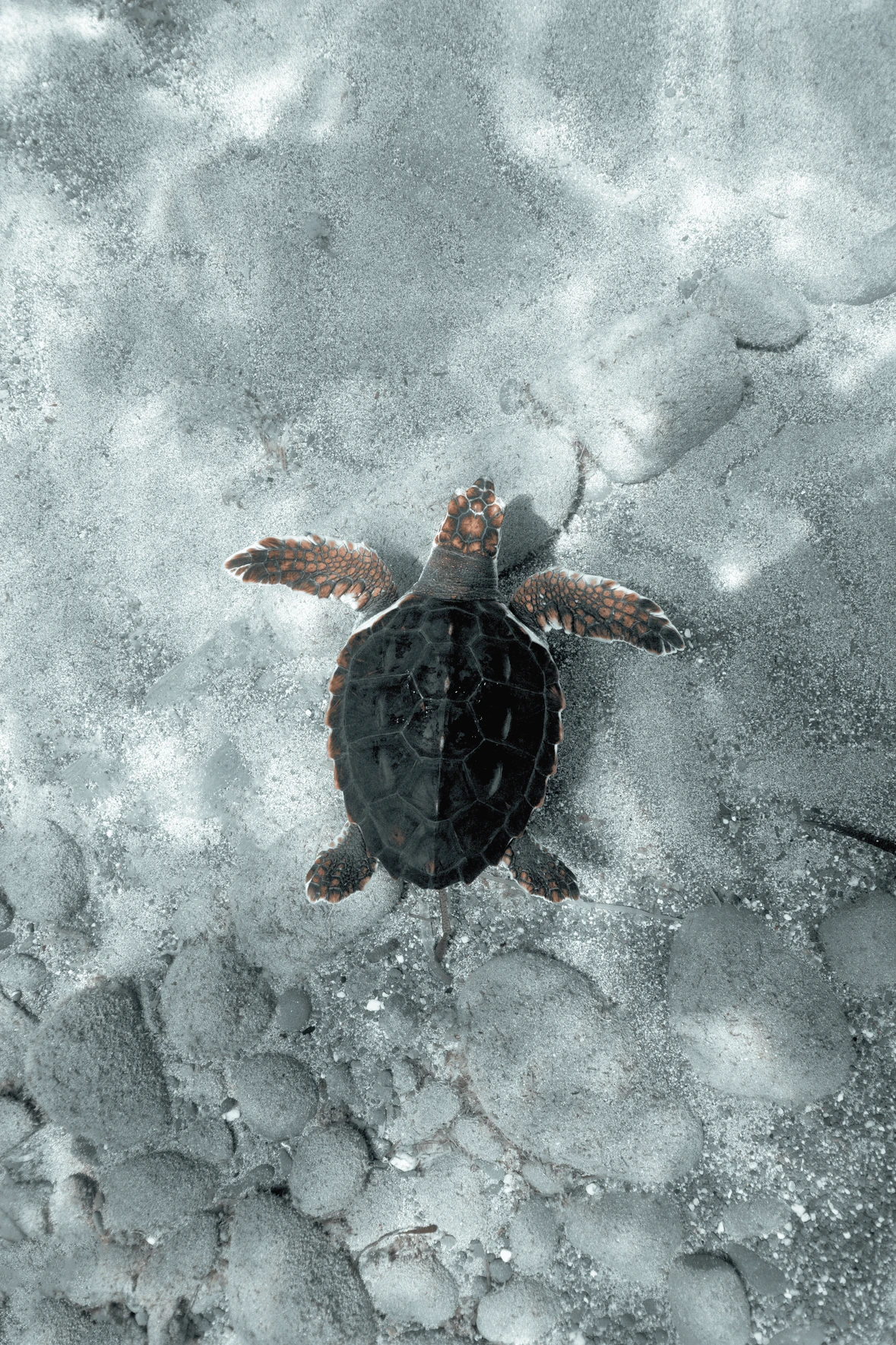
Projecte pilot de cria en captivitat i introducció a la natura de petits turons de la Mediterrània, en col·laboració amb altres entitats i organitzacions.
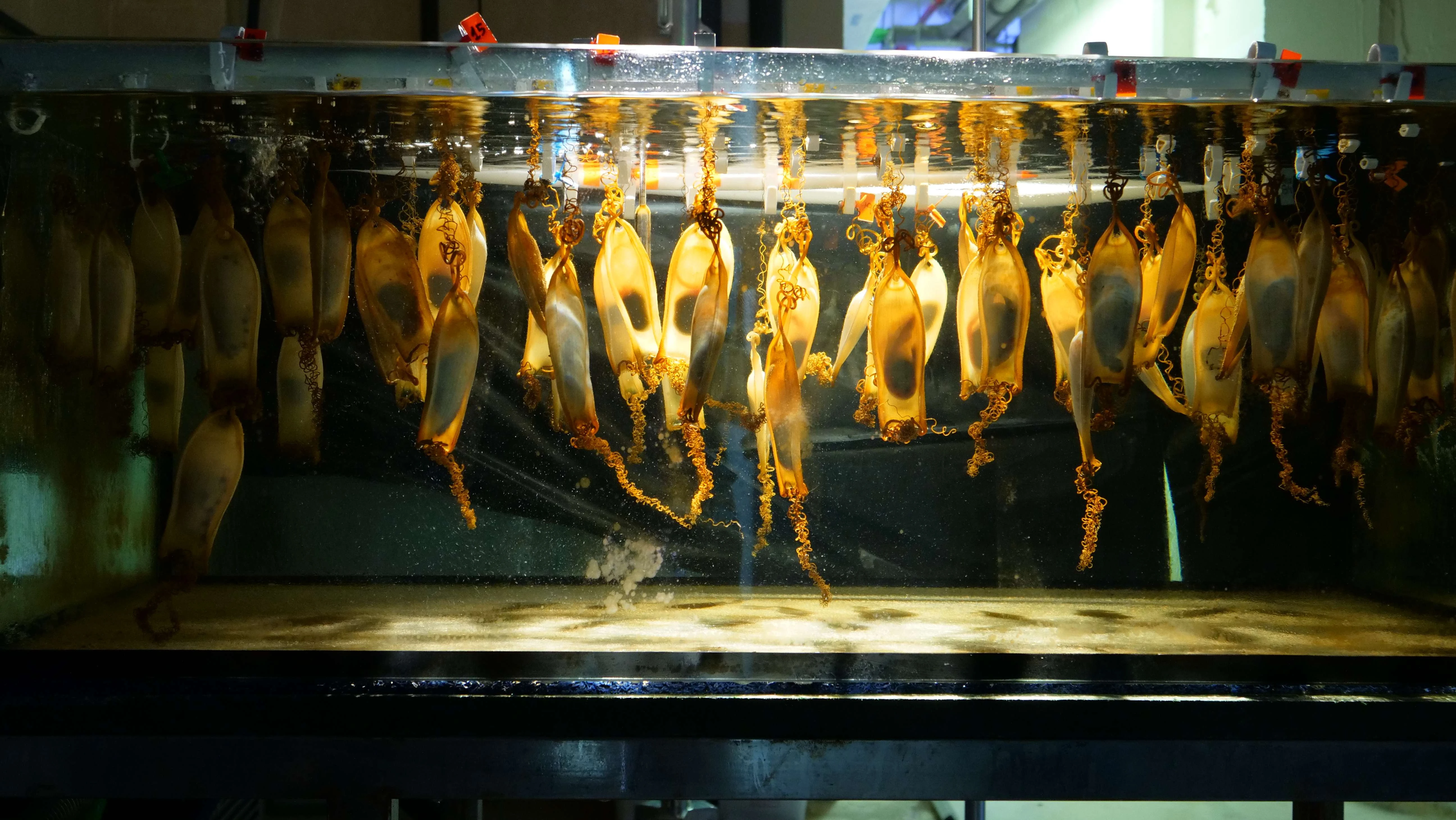
L’objectiu del projecte és incidir en la situació crítica dels taurons gatvaire a la Mediterrània i incrementar-ne les poblacions salvatges a partir de la cria en un ambient artificial controlat.
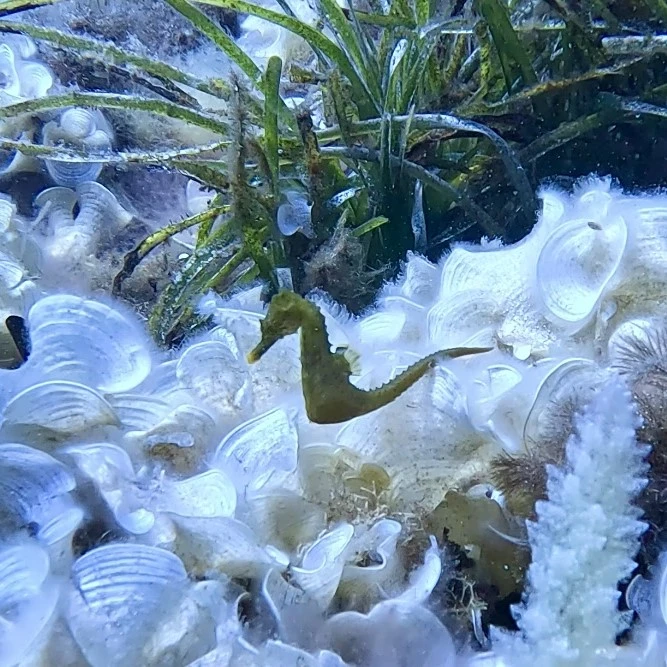
Aquest projecte pretén facilitar la reproducció dels cavallets marins que viuen a la Mediterrània en un entorn artificial controlat i, posteriorment, reintroduir-los al seu hàbitat natural.
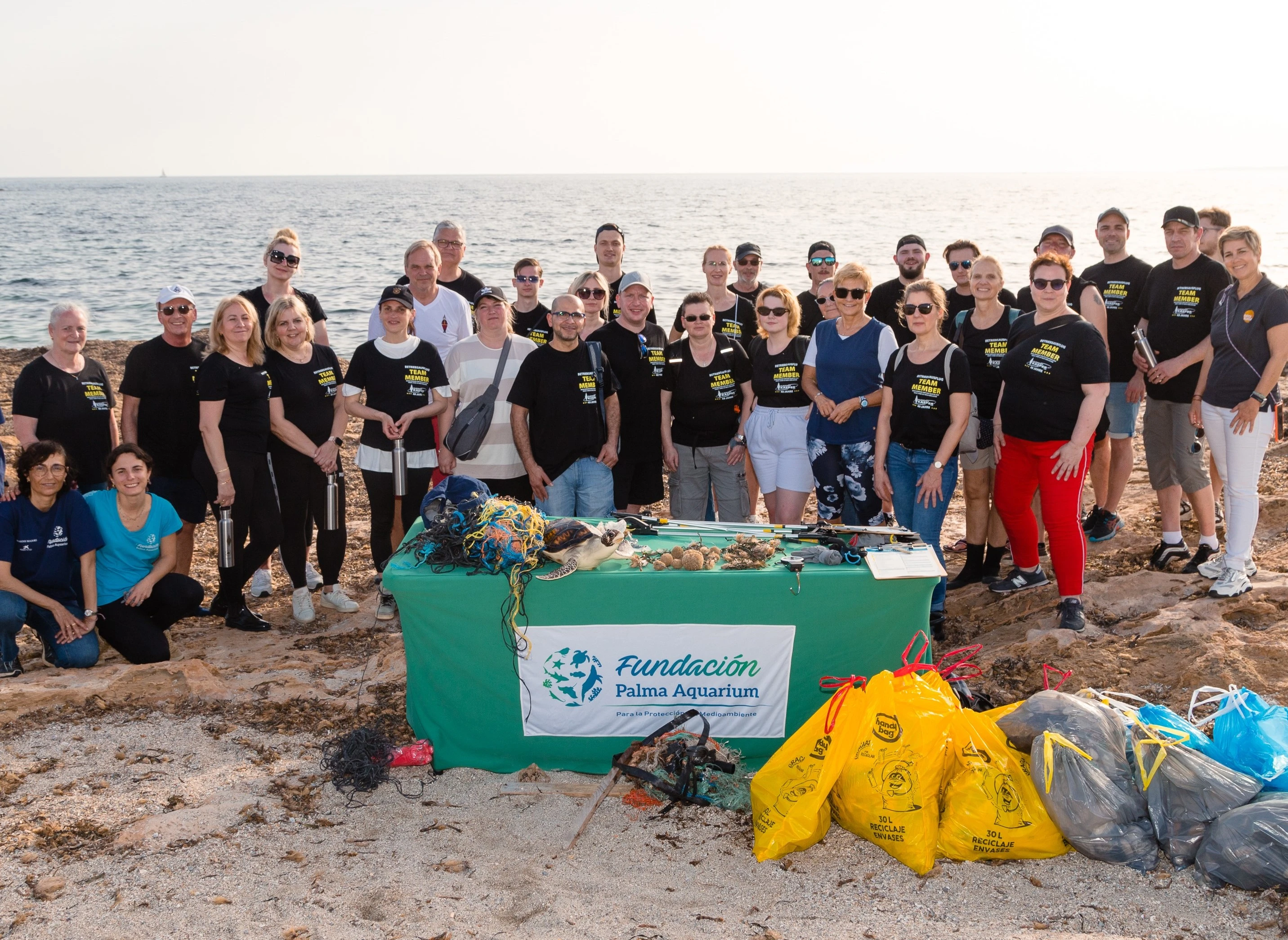
Organitzem neteges de platja amb l'objectiu de preservar els ecosistemes marins i fomentar la consciència ambiental entre la comunitat.
The Palma Aquarium Foundation is the organisation responsible for assisting stranded marine wildlife in the Balearic Islands. In 2014, Palma Aquarium signed a service contract for the “Monitoring and Recovery of Protected Marine Wildlife in the Balearic Islands” with the Consortium for the Recovery of Wildlife in the Balearic Islands (COFIB by its Spanish initials), an organisation under the Species Protection Service of the Balearic Islands' Regional Ministry of the Environment and Territory.
Since June 2022, the assistance of stranded marine wildlife in the Balearic Islands has been managed by the Palma Aquarium Foundation as part of the project “Conservation and Protection of Endangered Marine Species (marine turtles, cetaceans, and sharks) in the Balearic Islands”, under the acronym OCEMIB. This initiative is supported by the Biodiversity Foundation of Spain's Ministry for Ecological Transition and the Demographic Challenge (MITECO by its Spanish initials) through the Recovery, Transformation and Resilience Plan (PRTR by its Spanish initials), financed with the European Union’s NextGenerationEU funds.


 Colabora
Colabora